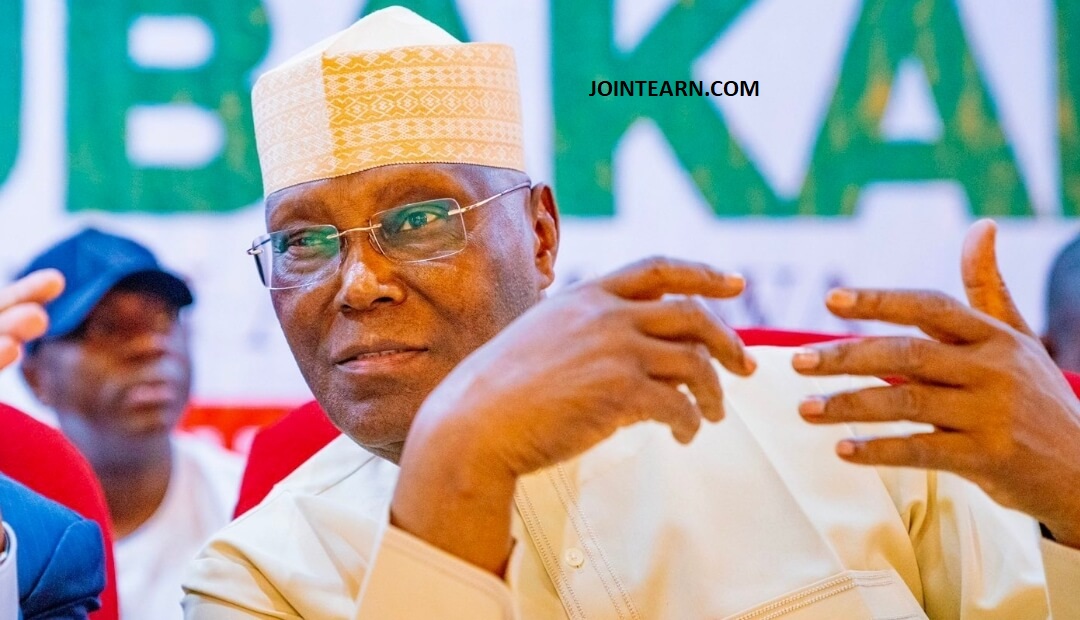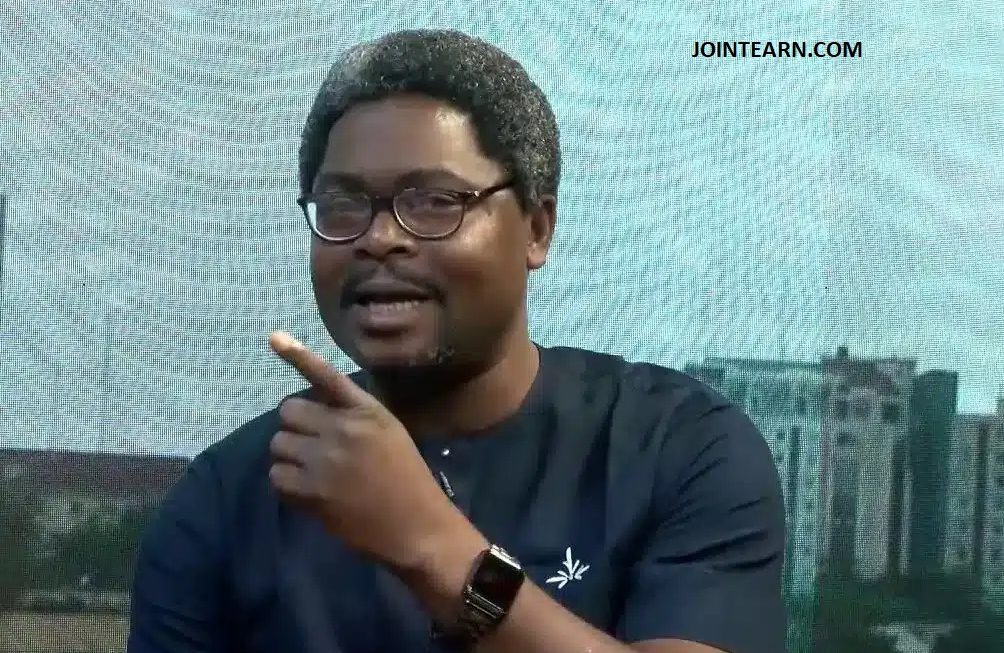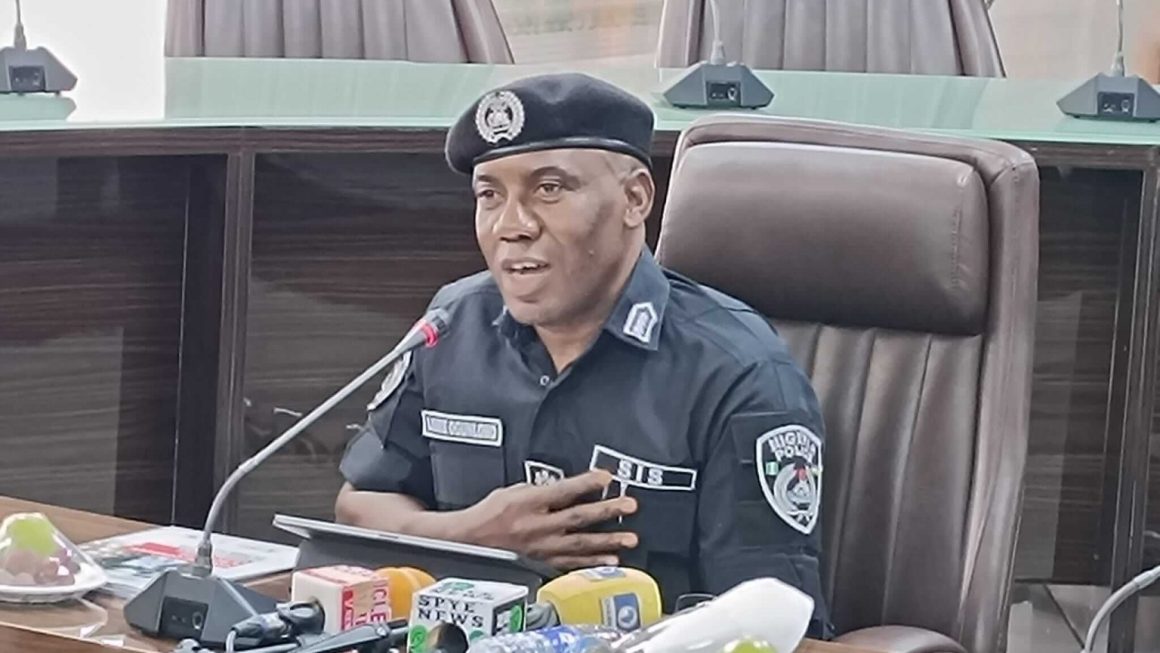The All Progressives Congress (APC) has categorically denied rumors suggesting that President Bola Ahmed Tinubu might replace Vice President Kashim Shettima as his running mate in the 2027 elections. This denial comes as North Central stakeholders intensify their campaign for the vice-presidential slot in the upcoming elections, citing decades of political marginalization.
Background of the Speculation
Speculations about a potential rift between President Tinubu and Vice President Shettima have been circulating, fueled by rumors of a possible replacement ahead of the 2027 elections. However, the APC has consistently dismissed these claims as baseless and unfounded. Bala Ibrahim, the APC National Director of Publicity, described such discussions as “beer-parlour talks,” emphasizing that any decision regarding the vice presidency would require extensive consultation with critical stakeholders13.
North Central’s Demand for Zoning
Meanwhile, North Central stakeholders have renewed their demand for either the presidency or the vice-presidency in the 2027 elections. Led by Prof. Nghargbu K’tso, representatives from Plateau, Nasarawa, Benue, Niger, Kogi, and Kwara states have called on major political parties to allocate these positions to their region. They argue that since Nigeria’s return to democracy in 1999, North Central has been excluded from these top political offices, alongside the South East12.
Prof. Nghargbu stressed that the North Central zone has been marginalized for decades, hosting Nigeria’s capital but never producing a democratically elected president or vice president. He proposed that if President Tinubu is given the “right of first refusal” for the presidency, the vice-presidency should be zoned to North Central. Additionally, they suggested that backing Tinubu’s re-election bid could be contingent on him selecting a running mate from their region2.
APC’s Response to North Central’s Demand
The APC has dismissed North Central’s demand for zoning the presidency or vice-presidency as “unrealistic” and “dead on arrival.” Bala Ibrahim argued that North Central should not view these positions as a right, especially given its relatively lower electoral contribution compared to other northern zones like the North West. He emphasized that conversations about zoning should not occur while President Tinubu is still serving his first term, suggesting that such discussions should only happen after he has completed two terms1.
Political Implications and Future Prospects
The All Progressives Congress (APC)’s dismissal of speculation regarding Vice President Kashim Shettima’s replacement ahead of the 2027 elections carries several significant implications for Nigeria’s political landscape.
1. Reinforcement of Party Unity
By rejecting rumors of discord between President Tinubu and Vice President Shettima, the APC aims to present a unified front to the public and its stakeholders. This move helps dispel notions of internal instability, which could undermine confidence in the administration and the party. Alhaji Bala Ibrahim, APC’s National Director of Publicity, emphasized that such claims are baseless “beer-parlour discussions,” reinforcing the party’s stance on unity12.
2. Strategic Focus on Governance
The APC’s rejection of zoning discussions at this stage signals a strategic focus on governance rather than succession planning. Party officials argue that President Tinubu should be allowed to complete his first term before conversations about zoning or power rotation arise12. This approach seeks to shift attention away from electoral politics and toward delivering on campaign promises, ensuring that governance remains the priority.
3. Addressing Regional Demands
The North Central geopolitical zone’s renewed call for political inclusion highlights long-standing grievances over marginalization in Nigeria’s top political offices. Leaders from the region argue that they have been excluded from producing a president or vice president since Nigeria’s return to democracy in 199912. While the APC has dismissed these demands as “unrealistic,” the issue underscores growing regional tensions that could influence political alliances and voter sentiment ahead of 2027.
4. Electoral Strategy
The APC’s stance on zoning reflects its electoral strategy, prioritizing regions with higher voting numbers, such as the North West, over others like the North Central2. This pragmatic approach aims to maximize electoral gains but risks alienating regions that feel sidelined. Balancing these interests will be crucial for the party as it prepares for future elections.
5. Implications for Tinubu’s Second-Term Bid
Although President Tinubu has not officially declared his intention to seek re-election in 2027, party loyalists have begun mobilizing support for a potential second term12. The APC’s dismissal of rumors about Shettima’s replacement indirectly reinforces Tinubu’s leadership and suggests continuity in the current administration’s structure. This could help consolidate support among key stakeholders while discouraging internal power struggles.
6. Broader Political Dynamics
The controversy surrounding Shettima’s replacement and North Central’s demands reflects broader issues in Nigeria’s political system, including zoning, regional representation, and fairness. These dynamics will likely shape political discourse leading up to 2027, influencing party strategies and voter behavior.
Conclusion
The APC’s dismissal of speculation regarding Vice President Shettima’s replacement reflects the party’s efforts to maintain stability and unity ahead of the 2027 elections. However, the push by North Central stakeholders for greater political inclusion underscores broader issues of regional representation and fairness in Nigeria’s political landscape. As the country moves closer to the next elections, these dynamics will continue to influence political decisions and alliances.












